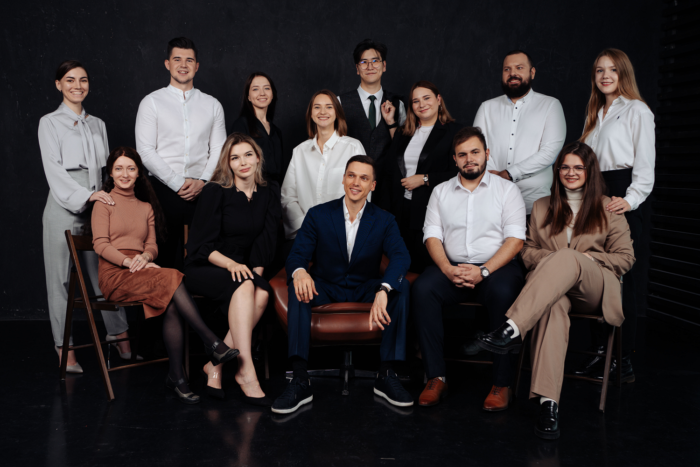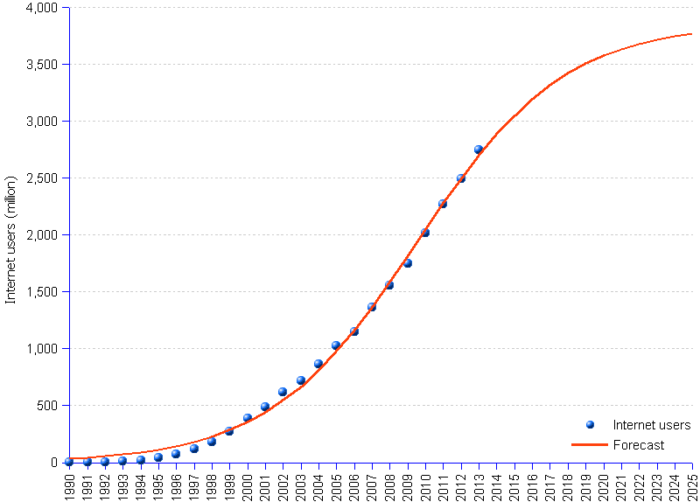Arsenii Katkov is a Russian entrepreneur who realized the importance of business reputation before it became widely accepted. Back in 2014, he founded a reputation agency named Reputation America that helped people remove harmful information via negotiations. Since then, he scaled the business to a global arena and, only within two years, managed to increase the agency’s liquid assets ten-fold.
Question (Q): Arsenii, how did you come up with the idea of founding the reputation agency, Reputation America?
Arsenii (A): It all started from marketing. About a decade ago, I was working as an art director in a Russian startup that was developing a social media platform for the government — Governmedia. Soon, the company was out of budget, and I had to start over. My friend and I started a design-studio SDAA: We were designing banners and leaflets in a small office. Our ultimate motto was to deeply immerse ourselves in the clients’ businesses, which helped us to curb word-of-mouth marketing and attract a lot of clients, even enterprises.
One such client turned to us for advice: He founded a company that was producing chemicals for vehicles in Russian regions, which was cheaper than buying them from large manufacturers. The competitors were furious and attacked the business on forums, posting a lot of negativity about the price and components, and completely neglecting the intellectual cost and 10 years of R&D, marketing, and sales initiatives, etc. He was desperate, as lawyers and other experts did little to nothing to solve the problem.
We decided to help him and contacted the platform to negotiate the removal of posts, which was our first success in the field of reputation management. At that time, we noticed that a lot of companies faced the same problem. That is how we requalified to be negotiators, not designers.
Q: So, you lead the movement. Was it a difficult path?
A: The only North Star was the belief in the service, which many people dared to only whisper about. If today the role of business reputation is obvious even for small companies, 10 years ago, it was not. Of course, as any startup with an innovative product (that is not always a market fit), we had a lot of doubts about the overall idea’s viability.
However, the truth is the existing methods did more harm than good. Lawyers would send a site admin a claim and wait for a response. If there wasn’t one, they would throw their hands up and suggest going to court. If you spend a lot of money on trials, they will become public and appear in the media: Everyone, including employees, will hear about the problem. However, a business needs to solve its reputational problem, not find another problem to stress about, doesn’t it?
That’s why a peace treaty with authors or site admins is a far better alternative. When founding Reputation America, I was highlighting the main idea: The internet is full of people with whom you can always come to an agreement. We don’t position ourselves as people with a “magic eraser” but as negotiators — capable of finding common ground with the devil, if necessary, of course.

Q: What is your ultimate mission with Reputation America?
A: I started the information removal business to prove that the internet belongs to everyone, not to corporations or review sites. 6 in 10 people around the world now use the internet. Jeff Bezos was excited about the growth in new internet users in the late ‘90s and founded Amazon to leverage that increasing audience.
Do you think people are ready to be in charge of the internet changes that come faster than anything else in the world? I’m pretty sure they don’t. I’ve spent a lot of time trying to resist all these new content feeds. Even Tim Cook is concerned that the iPhone is being used too often. People are not ready to live in balance with the internet, so here we are. We in Reputation America help clients to handle the modern world order, where any mistake becomes unnecessary infamy.
Q: Do you think that the main problem is negativity?
A: The more I dug into the problem, the more I realized that it’s not really about harmful content. Everything is about a mistake: be it a late delivery; a destroyed floor when installing the furniture; or rudeness because the manager had the worst day of his life. If there is no failure, there will be no negative reviews.
My goal is to give businesses a second chance by showing them the real power balance, reaching the review’s author, and establishing peace between two parties. What is more, I want people to be in charge of what information about them exists online. That’s why Reputation America helps people to delete any unwanted content, be it a video from a college party or an insulting post.
Q: Are you a supporter of constant growth, or do you prefer to stick with working technology?
A: I am not obsessed with our flagship — removing. While it’s a complex system on the edge of IT, PR, psychology, and law, I understand that someone will copy it sooner or later — especially considering its high efficiency: The success rate is 60-70%. As of December 2021, we removed 3,300 negative reviews, which is the result of an aligned teamwork of professional negotiators, PR experts, and lawyers ― all of whom are experienced in reputational cases.
I believe the only path to success is through constant growth: You must implement quality changes faster than your competitors do. That’s why to beat the competitors, we always try new approaches. The flagship evolves, new services appear, and the overall service improves. I believe that services are things people like to discuss, but not many care about them. I am the opposite. That’s why Reputation America provides a lifetime guarantee on the removed information, as my team and I are sure about the efficiency of our approach.
That’s what we are transitioning to clients. After a consultation with a highly qualified reputational expert, clients can delete the harmful content on their own or find alternative solutions to achieve their goals.
Q: So, you plan to constantly evolve. What directions are you looking into for Reputation America?
A: I’ll start from afar. The boom of SaaS solutions proved that everything can be digitized — from workflow to customer support. I will emphasize even more: Transition to digital is a sign that the process is set up. First, you systemize the process, and make it manageable and scalable. Only after this do you make it a service. If your business is a mess, you won’t win.
Now we are developing a solution that will help small and medium businesses handle complaints, turn negative feedback into positive feedback, and even get back disgruntled customers. We are testing the product together with other entrepreneurs, and the feedback is amazing. The solution is 100 times cheaper and 45 times faster than the traditional method.
Q: Finally, what is your advice for entrepreneurs as an experienced reputation expert?
A: If positive reviews highlight what is good, negative ones pave the way for improvement. Do not be afraid of them. People are leaving bad reviews because they merely want you to hear them. Think about it: They could have left two stars and forgotten about it, but they decided to share their negative experience. Reply, address the problem, and do your best to show the client you are eager to help. In addition, always remember that a dissatisfied client is not a lost client. Based on the service recovery paradox, you have a huge chance to turn this disgruntled customer into a patron. Take customer complaints as godsends, and make them your development points.
Find a Home-Based Business to Start-Up >>> Hundreds of Business Listings.

















































